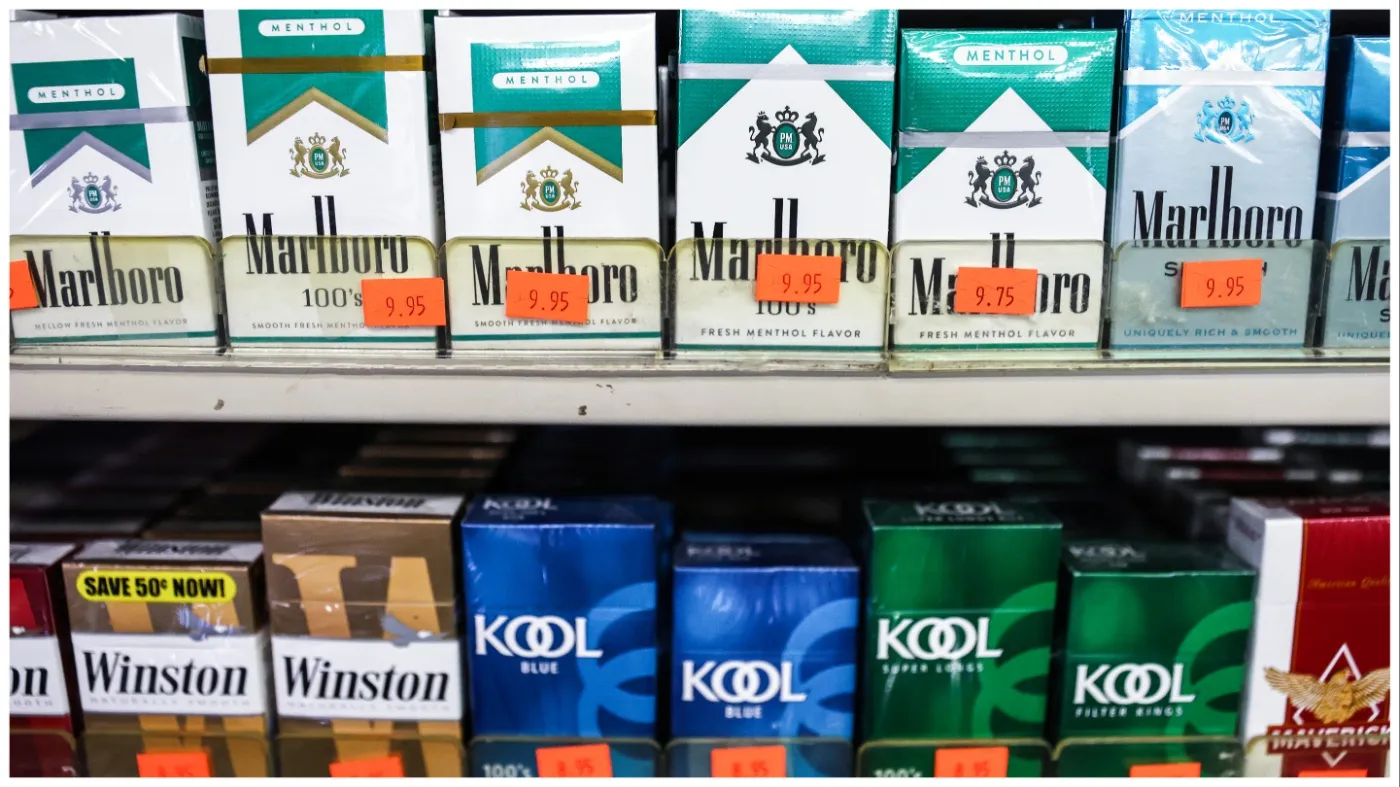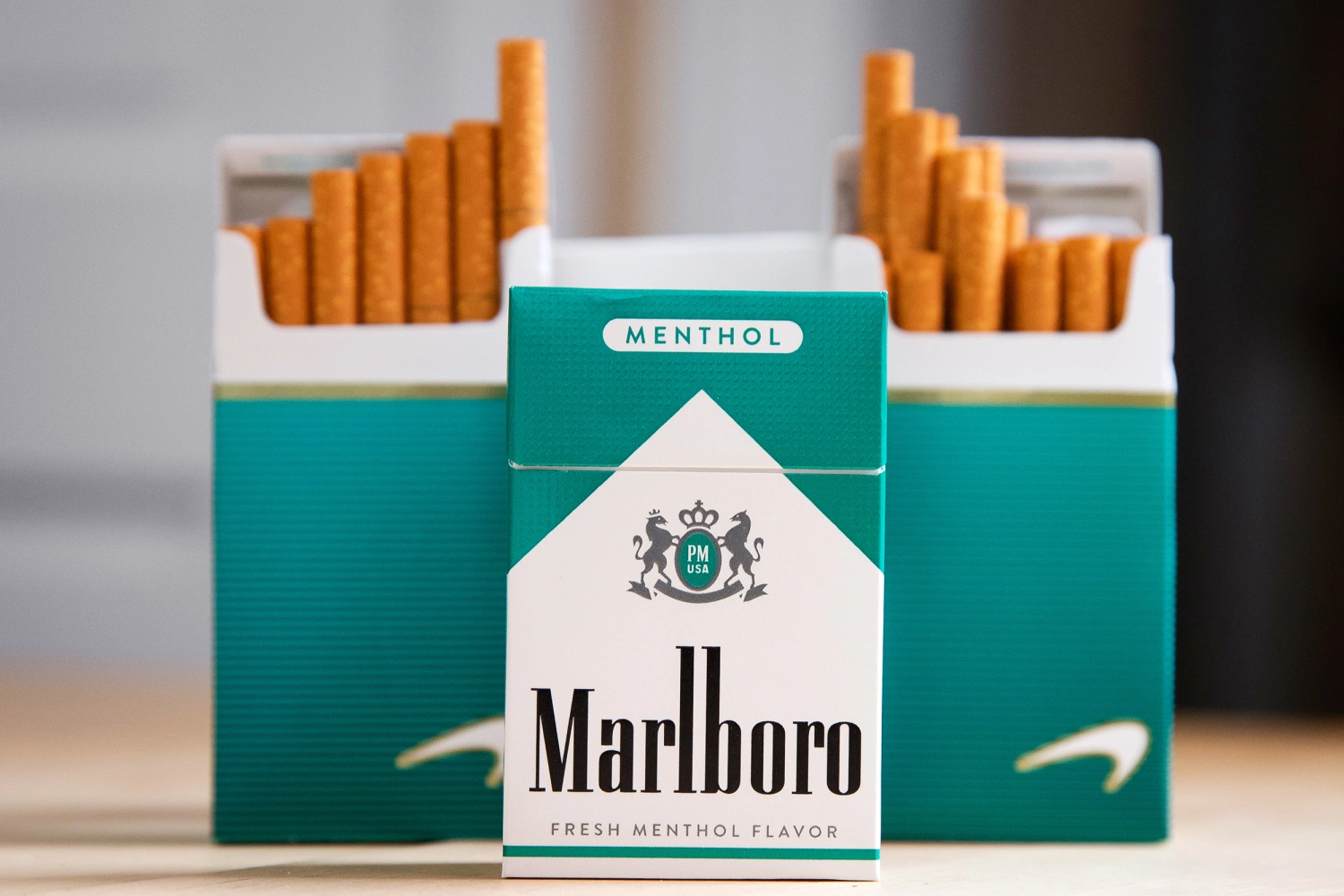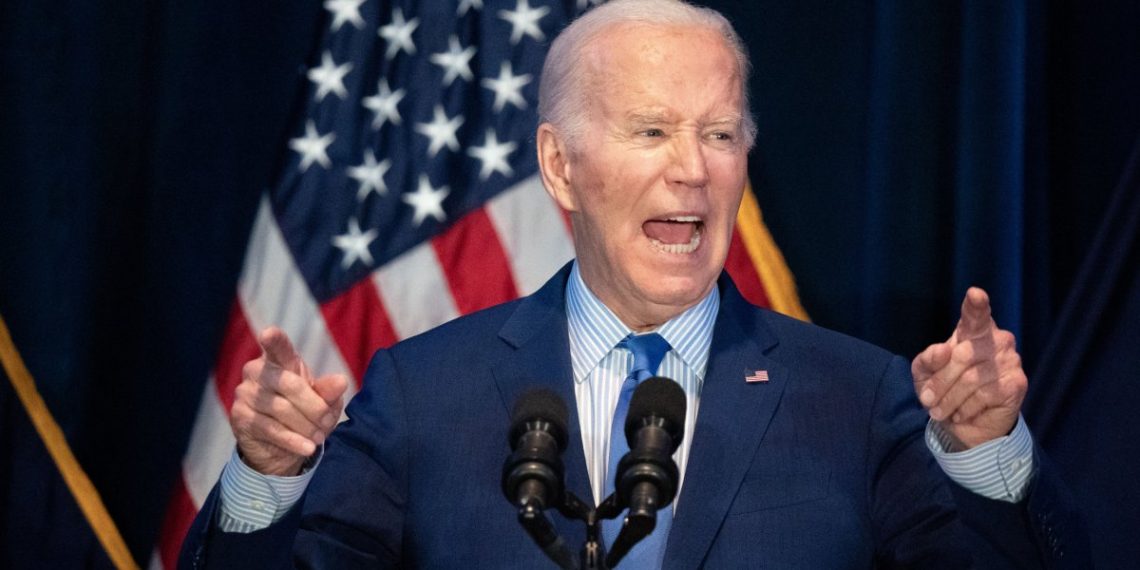The Biden administration has opted to postpone its plan to ban menthol cigarettes, citing the need for further discussions following extensive feedback, particularly from the civil rights and criminal justice sectors.
This move reflects concerns over potential political repercussions, especially in an election year, as menthol cigarettes have long been criticized for disproportionately impacting Black communities.
Statistics from the U.S. Centers for Disease Control and Prevention reveal that about 81% of Black adult smokers prefer menthol cigarettes, compared to 34% of white adult smokers.

Advocates argue that these products contribute to health disparities and entice young people to smoke.
While tobacco companies saw modest stock fluctuations after the announcement, reactions from civil rights organizations were more pronounced.
The NAACP condemned the delay, emphasizing the detrimental impact on the Black community, which has historically been targeted by the tobacco industry.
Similarly, the American Heart Association expressed disappointment, highlighting the administration’s failure to take decisive action despite extensive scientific evidence supporting the ban.

Reynolds American, a subsidiary of British American Tobacco, emphasized the importance of offering alternatives like vaping products to help smokers transition away from combustible cigarettes.
Menthol cigarettes represent a significant portion of the tobacco market in the U.S., and their appeal to young smokers and adverse health effects, particularly among Black individuals, have long been subjects of debate.
Advocates argue that banning menthol cigarettes could significantly reduce smoking initiation and save lives, especially within Black communities.


















